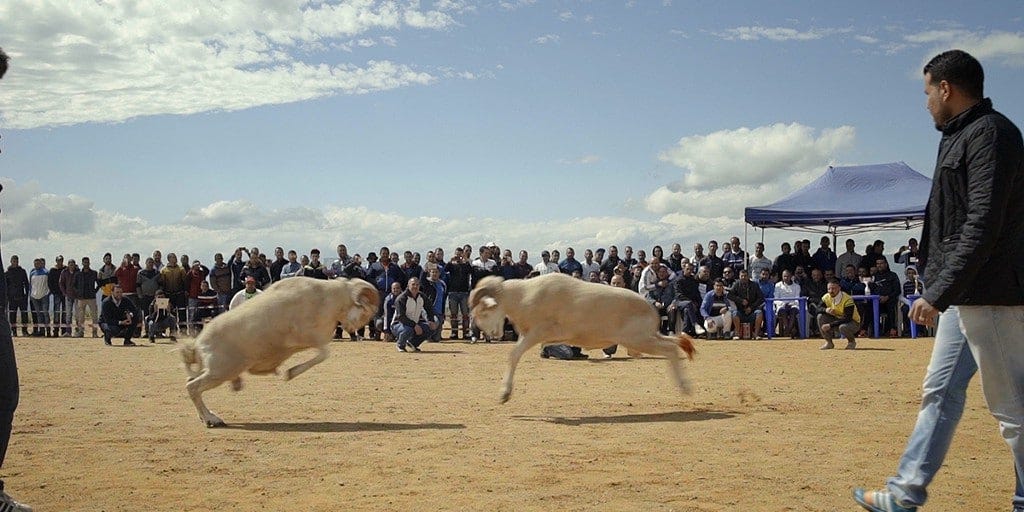‘Of Sheep and Men’ Is a Metaphor-Laden Jewel
Toronto International Film Festival
Director Karim Sayad’s feature debut is about so much more than four-legged animals.

Watching Of Sheep and Men, the Qumra-shepherded first feature documentary from Swiss-Algerian filmmaker Karim Sayad, I was reminded of a joke my Algerian family have been telling for years. It’s a jest made at the ex…
Keep reading with a 7-day free trial
Subscribe to Nonfics to keep reading this post and get 7 days of free access to the full post archives.



